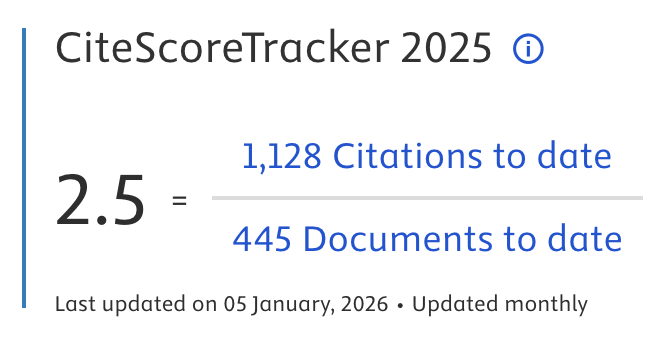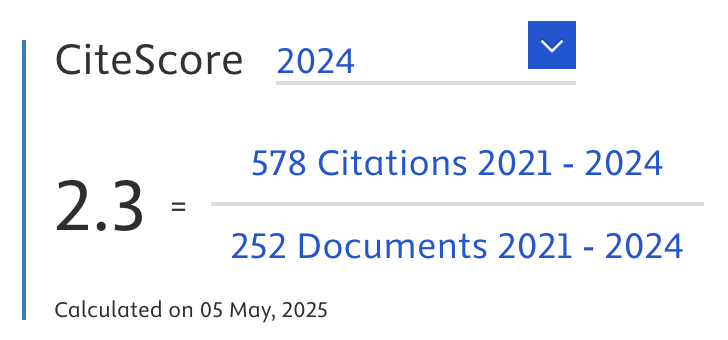Fake vs Real Image Detection Using Deep Learning Algorithm
Abstract
The purpose of this research project is to address the growing issues presented by modified visual information by developing a deep learning model for identifying between real and fake images. To enhance accuracy, this project evaluates the effectiveness of deep learning algorithms such as Residual Neural Network (ResNet), Visual Geometry Group 16 (VGG16), and Convolutional Neural Network (CNN) together with Error Level Analysis (ELA) as preprocessing the dataset. The CASIA dataset contains 7,492 real images and 5,124 fake images. The images included are from a wide range of random subjects, including buildings, fruits, animals, and more, providing a comprehensive dataset for model training and validation. This research examined models' effectiveness through experiments, measuring their training and validation accuracies. It comes out with the best accuracy of each model, which is for Convolutional Neural Network (CNN), 94% for training accuracy, and validation accuracy of 92%. For VGG16, with both training and validation accuracy reaching 94%. Lastly, Residual Neural Network (ResNet) demonstrated optimal performance with 95% training accuracy and 93% validation accuracy. This project also constructs a system prototype for practical applications, offering an interface for real-world testing. When integrating into the system prototype, only Residual Neural Network (ResNet) shows consistency and effectiveness when predicting both fake and real images, and this led to the decision to choose ResNet for integration into the system. Furthermore, the project identified several areas for improvement. Firstly, expanding the model comparison for discovering more successful algorithms. Next, improving the dataset preprocessing phase by incorporating filtering or denoising techniques. Lastly, refining the system prototype for greater appeal and user-friendliness has the potential to attract a larger audience.
Article Metrics
Abstract: 1061 Viewers PDF: 1020 ViewersKeywords
Full Text:
PDFRefbacks
- There are currently no refbacks.

Journal of Applied Data Sciences
| ISSN | : | 2723-6471 (Online) |
| Collaborated with | : | Computer Science and Systems Information Technology, King Abdulaziz University, Kingdom of Saudi Arabia. |
| Publisher | : | Bright Publisher |
| Website | : | http://bright-journal.org/JADS |
| : | taqwa@amikompurwokerto.ac.id (principal contact) | |
| support@bright-journal.org (technical issues) |
 This work is licensed under a Creative Commons Attribution-ShareAlike 4.0
This work is licensed under a Creative Commons Attribution-ShareAlike 4.0





.png)